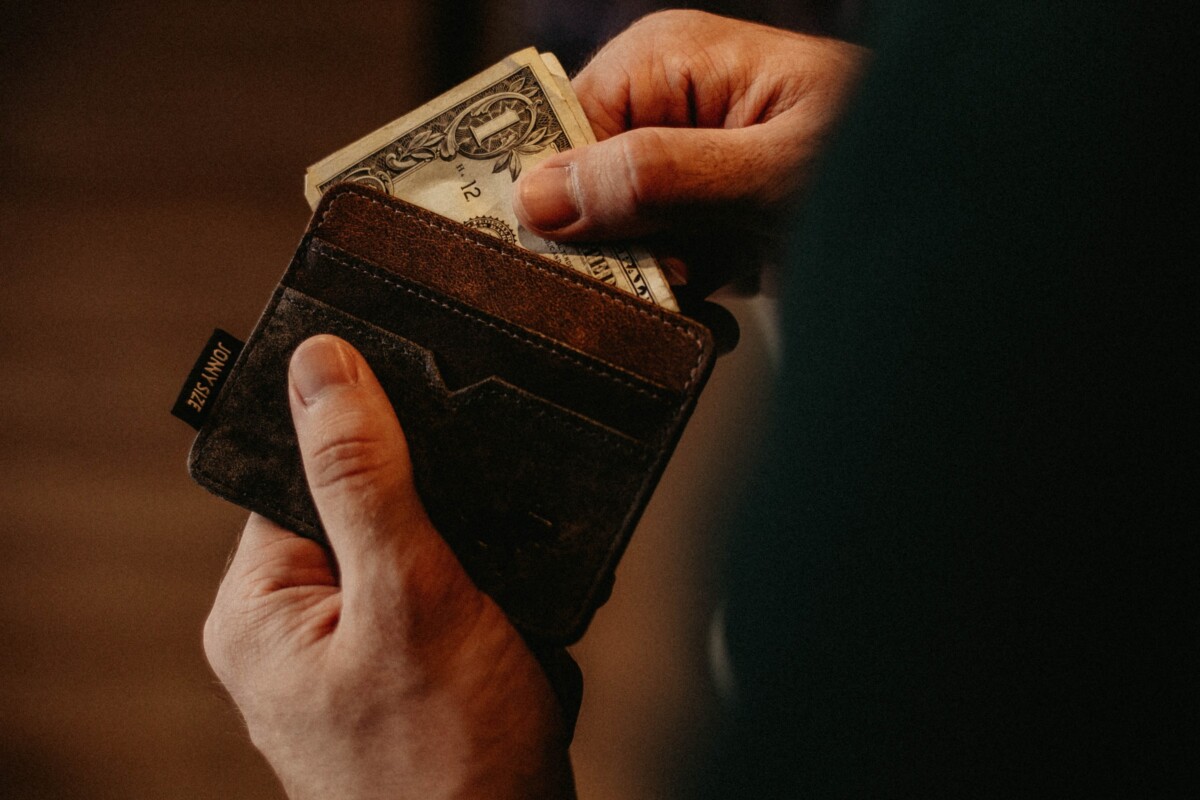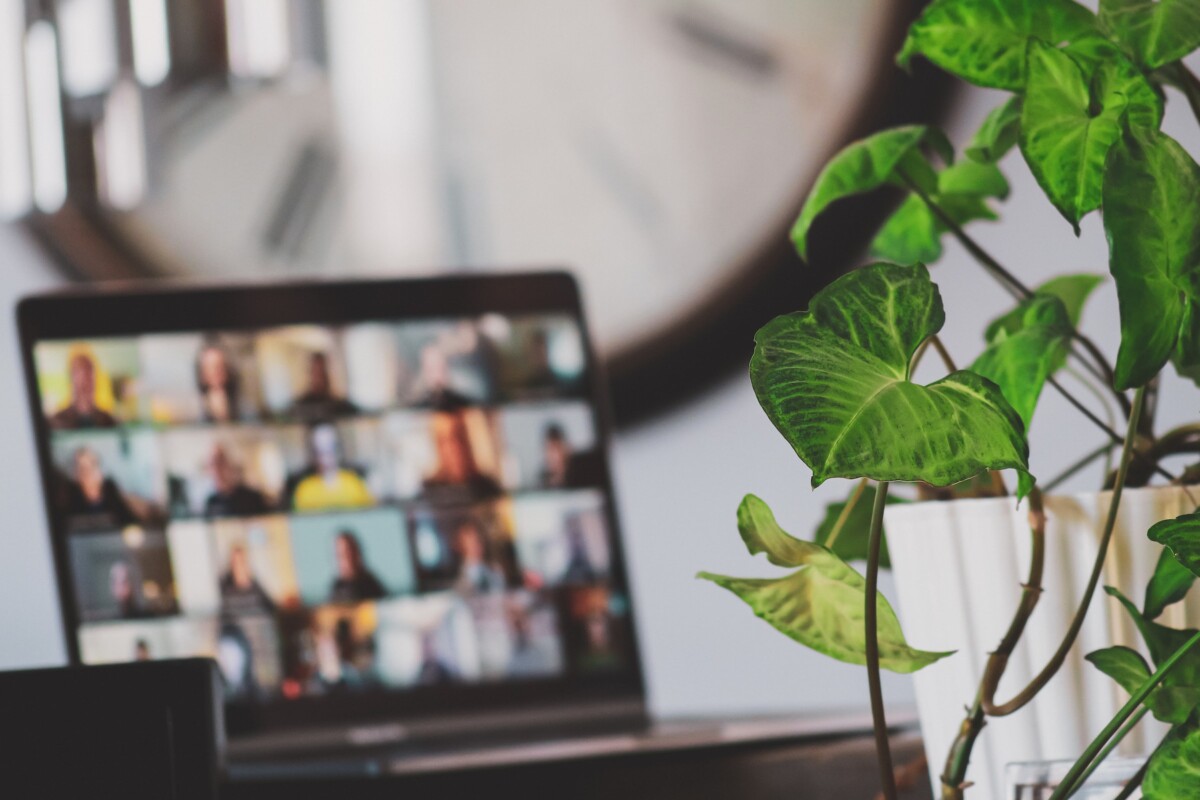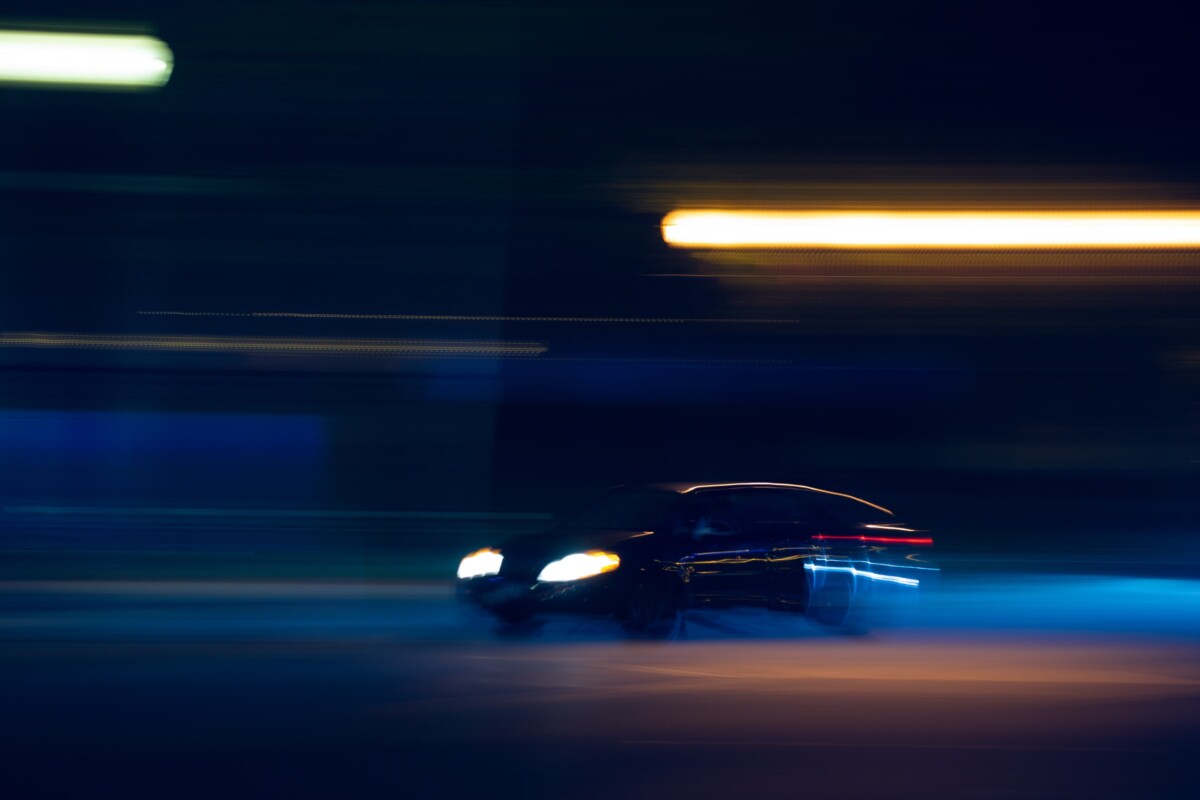Spotify has patented a method which uses artificial intelligence to detect plagiarism in music, able to detect a “similarity value” between songs.
The “Literary theft Risk Detector And Interface” innovation will be “prepared on a majority of previous encoded lead sheets” (which indicates the tune, verses and agreement) to contrast new tracks with those in Spotify’s information base.
The man-made consciousness would then figure how comparative the tune is and characterize which a piece of the tune could be disregarding another craftsman’s copyright; in the documenting, Spotify additionally places that it very well may be utilized to strengthen the innovation of a tune, if the calculation offered expressions like “the melodic part [of a song] has all the earmarks of being totally new”.
Spotify envisions that the copyright infringement hazard identifier could explain melodies “continuously”, demonstrating where in the track it may have happened, commenting on the lead sheet “as a module” to existing programming.
Right now, as the music streaming organization notes, “When executed physically, copyright infringement recognition is generally performed by specialists and legal advisors”, however Spotify contends that the method is “unfeasible” and “require[s] huge mastery and are not appropriate for activity by run of the mill craftsmen and authors, particularly specialists and writers who are keen on recognizing counterfeiting during the structure cycle”.
“Programming helped identification for text copyright infringement then again permits immense assortments of archives to be contrasted with one another, making effective counterfeiting location significantly more likely”, the patent proceeds.
Should Spotify keep on building up this innovation, it is hazy how it would manage sounds that have been replicated and rehashed broadly in tunes from wide-running classifications. The “So be it Break,” a six-second drum test from Winstons, has been utilized in 1980s hip bounce without any sovereignties given to the proprietors, has showed up in more than 2000 tracks, for example, the Futurama topic and Straight Outta Compton by N.W.A.
Harmony movements are additionally rehashed by various specialists, as are effectively observable sounds like the “millennial challenge.”
Others censured Spotify’s patent as an expected device for the organization to cover themselves more than craftsmen, recommending that the organization could utilize the instrument as a proactive measure to stop literary theft in case of a claim, however that specialists would almost certainly find that utilizing a similar restrictive and untested device would not shield themselves from cases of copyright encroachment.
“I don’t think in any situation anybody can say Spotify’s rationale is to help specialists,” George Howard, teacher of music business at Berklee College and fellow benefactor of the Music Audience Exchange and Tunecore, told OneZero.
“Music and digital recordings are their item. In the event that that is their work, this turns into an instrument to either shield themselves from case or create more works that they don’t need to pay sovereignties for. As a craftsman myself and an artist, both of those I discover hostile.”
Spotify told the distribution that only one out of every odd patent turns into a piece of its item, however would not say if it had been actualized.
Utilizing computerized reasoning to identify literary theft in tunes could run into a mechanical weapons contest, as man-made brainpower is additionally being utilized to make melodies.
Administrations like IBM Watson Beat, Google Magenta’s NSynth Super, Jukedeck – and even Spotify’s own Creator Technology Research Lab – are as of now creating to assist specialists with making music.
Hypothetically, there are worries that man-made consciousness could lessen the singularity of music, utilizing calculations to “pack oversimplified earworms down our aural cavities from this point until the finish of time”.
Nonetheless, specialists have pushed back on that thought – not on the grounds that it doesn’t exist, but since it as of now occurs.
“That calculation exists and it’s called Dr. Luke,” Claire Evans of electropop band YACHT, which uses AI on their music, read a clock, alluding to the scandalous maker behind a score of famous singles.
Regardless of whether Spotify’s patent will work for all intents and purposes is an alternate issue. YouTube has an algorithmic copyright finder for recordings transferred to its foundation, and that has more than once demonstrated to be defective.
In 2018, a 10-hour long video of repetitive sound in five copyright encroachments against it, and in 2012 one YouTube client confronted copyright claims over birdsong that was caught in the foundation of one of their recordings.




